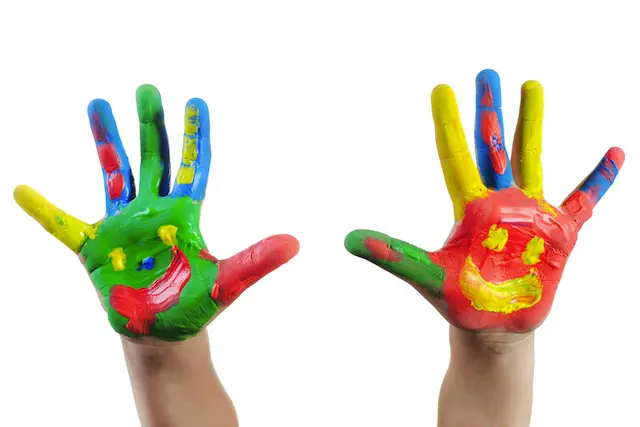by Julia Woodson, M.S.W., LSW / in Adolescent, Articles, Child Behavior, Family Relationships, Parents, Trauma / tags: Child, Child Behavior, Child Therapy, Children, Children's Mental Health, Family Relationships, Kids, parenting tips, Trauma, What Parents Can Do

As a clinical therapist, who specializes in working with children and adolescents, I have been asked why children would ever need therapy. My answer is this: Why does anyone ever need therapy?
People seek therapeutic services for a variety of reasons. Some seek therapy to aid them through a life transition, a death of a loved one, a divorce, a mental disorder or a trauma (to list a few). Life is full of twists and turns; it is full of unexpected challenges. Individuals face an array of challenges throughout their lifetime. However, should a trauma, transition or learning disorder occur during childhood and adolescence, the individual may face a different set of obstacles.
Science shows that the human brain is not fully developed until the age of 25 (Aamodt, 2011). Therefore, any traumatic event that happens during the adolescent life stage occurs while the brain is still developing, meaning the individual simply does not have the cognitive function to react or process the way adults do. One such example is suppressed memories. The brain, while in the developmental stage, will often shut down in response to a trauma in order to survive (Ferrara, 2002). If a child is raped, and they do not understand the concept of abuse or sex, they simply have no way to process the event, but they must go on. This is when the child or adolescent’s brain goes into survival mode, and shields the child from the memory until it can be processed at a later time (Ferrara, 2002). Not all children who experience a traumatic event will suffer from suppressed memories. However they will likely respond in drastically different ways than adults.
One situation I often see in my practice, is a child suffering from grief and depression due to divorce. Children of divorce often harbor anger, the emotion that hides true feelings: hurt, confusion and grief (Luepnitz, 2002). Due to the stage of brain development, a child may respond to the divorce by acting out: negative or destructive behaviors, temper tantrums, bullying, sulking, withdrawal, etc (Ferrara, 2002). Should one ask the child why they are acting in such a manner, and they respond ‘I don’t know’, one should not assume they are lying. They truly may not connect the event (divorce) to their feelings (hurt, confusion) to their actions (disruptive behaviors). This is where therapy may be help the child and the family.
To help a child process and grow beyond a negative event, one must step into their world, and a child’s world is based around play. Children cannot sit still and have a 50-minute conversation about their feelings like adults do; thus child therapists use many tools, such as games, art, role playing, workbooks and music to appeal to the client’s development stage. They are stepping into the child’s world, that they might help them to process in a safe place and learn healthy, age appropriate coping mechanisms. Children need therapy much like adults need therapy. Yet children need therapeutic interventions that are tailored to their life, needs and developmental stage of life.
To learn more about services for children, adolescents or teens please click here. To schedule an appointment for your child or family click here.
References:
Aamodt, S (2011, October 10). Brain maturity extends well beyond teen years: NPR. NPR: National public radio: news and analysis, world, us, music and arts: NPR. Retrieved April 30, 2016, from http:// www.npr.org/tempates/story/story/php?story Id=141164708
Ferrar, F.F. (2002). Childhood sexual abuse: Developmental effects across the lifespan. California:Wadsworth Publishing.
Luepnitz, D. A. (2002). The family interpreted: psychoanalysis, feminism, and family therapy. New York, N.Y.: Basic Books.
About the Author: Julia Woodson, M.S.W., LSW



